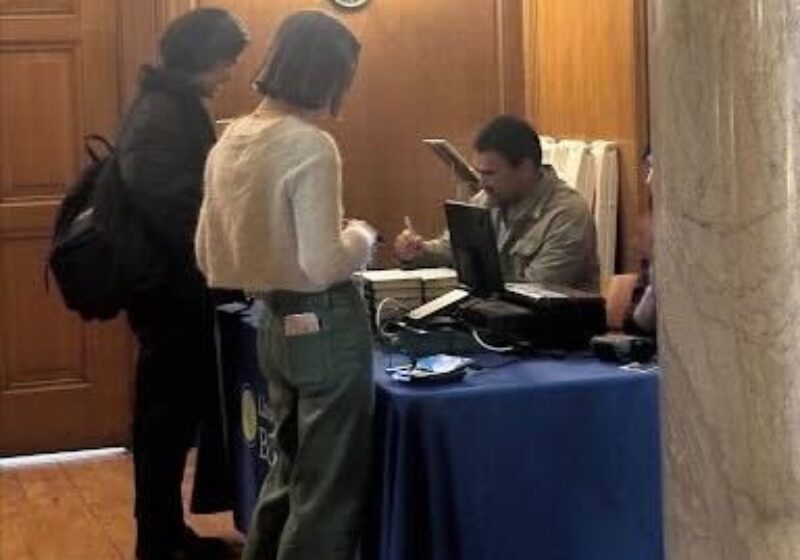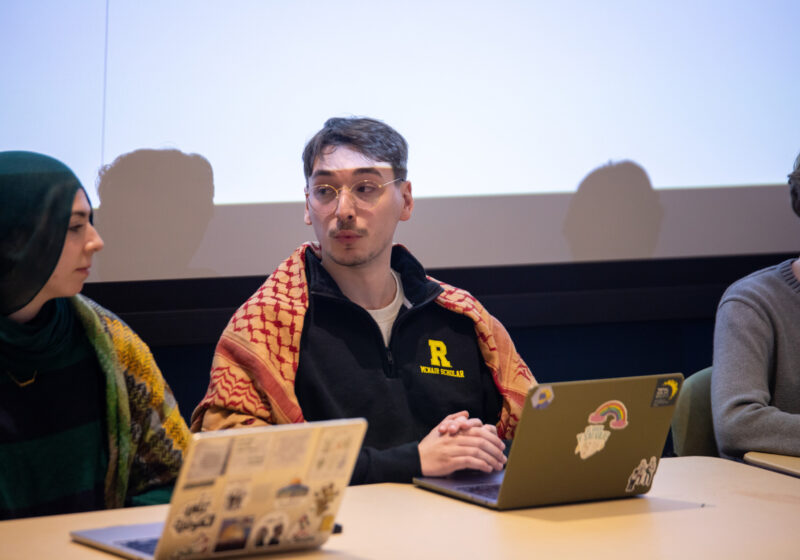In this inaugural edition of Fact or Fiction, we present some statements of differing validity about us, Campus Times. Check your knowledge of UR’s student-run newspaper.
Campus Times used to print once a day (1973-1983).
Fact. Our predecessors had the stamina to print every weekday. Thursday night meant a catered dinner, possibly with “refreshments”.
You can write for us without any prior journalism experience.
Fact. As long as you can put words on paper, you can write for us. Photographs and illustrations welcome as well. Just don’t put them on Instagram first.
Our General Interest Meeting is next week!
Fiction. You missed it. But if you have general interest in the CT, just email us!
Once you start writing for us, you write every week.
Fiction. You write whenever you want.
We have a hazing process.
Fiction. We don’t do that.
We are fully funded by SA.
Fiction. We’re funded independently through ads.
We get paid for this.
Fiction. We make no profits. Our only profit is our love for journalism.
Now, we print once a week.
Kinda. Define “print”.
Starting this year, we publish online every week, but do paper issues only every other week.
The pit gives us free food.
Fiction. CT staff low on declining are often seen groveling at the feet of those with Option A or swipes.
We have Dell computers but Apple monitors.
Fiction. It’s the other way around.
We’re out of Campus Times cups.
Fact. But maybe we’ll get serious about merchandising soon.
Production night is like an episode of “The Newsroom”
Fiction. We keep the walk-and-talk to a minimum.


